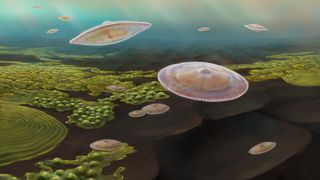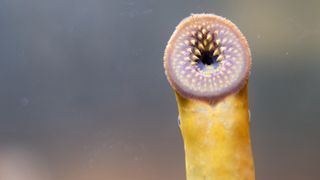Evolution
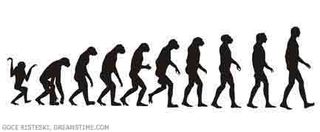
Evolution is among the most substantiated concepts in science and is the unifying theory of biological science. Charles Darwin co-originated, with Alfred Russel Wallace, the theory of evolution by natural selection. His masterwork, the 1859 "Origin of Species," offered ample evidence for evolution having occurred, as well as the first strong explanation for its mechanism, natural selection. Modern evolutionary theory incorporates these concepts: species change over time; genetic mutations are responsible for the changes; individuals with beneficial genetic mutations will survive preferentially compared with their competitors, in a process known as natural selection; those successful individuals' more numerous offspring will spread the beneficial genetic constructs throughout the population; when enough genetic changes reproductively isolate a population, that population has become a new species. Here you'll find news and information on evolution and the battle with proponents of so-called creation science.
Latest about Evolution
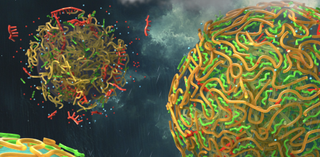
Raindrops may have helped kick-start life on the planet
By Aman Agrawal published
The earliest cells likely didn’t have membranes to separate and protect their components and chemistry away from a harsh surrounding environment. But they may have made do with rain.
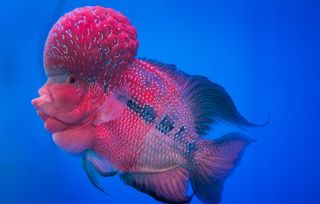
Which animals are evolving fastest?
By Marlowe Starling published
The "fastest evolving vertebrate" title is hotly contested, but here are a few contenders.
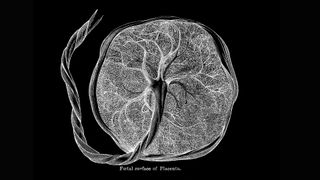
'I have never written of a stranger organ': The rise of the placenta and how it helped make us human
By Jules Howard published
"Human evolution has occurred both due to, and in spite of, the placenta. Every pregnancy, unthinkingly, must navigate a careful path through it. Every menstruation is testament to it. It is partly why menopause exists, to give individuals an escape from the energetic costs associated with its imposition."
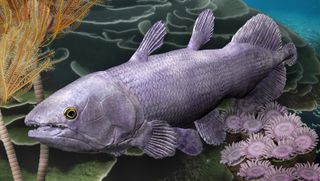
Ancient relative of 'living fossil' fish reveals that geological activity supercharges evolution
By Stephanie Pappas published
The ancient coelacanth, which has existed for some 419 million years, never stopped evolving despite its reputation as a "living fossil." A new discovery reveals that it evolved faster when plate tectonics were most active.
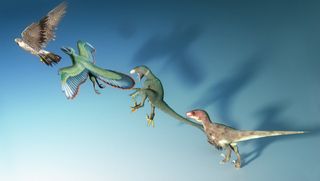
How fast does evolution happen?
By Marlowe Starling published
Measuring the pace of evolution is tricky, but some species can evolve as quickly as a few generations.
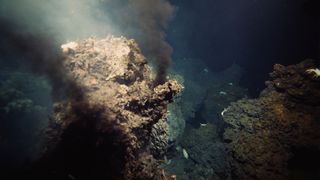
Defense system common to all life came from 'Asgard'
By Tia Ghose published
Defense systems found in all complex life, including the human body, came from primeval microbes known as 'Asgards.'
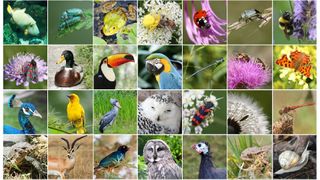
Evolution: Facts about the processes that shape the diversity of life on Earth
By Tiffany Taylor published
Discover interesting facts about how evolution works, the different patterns that can emerge from evolution, how quickly organisms can evolve, and whether evolution is a random or ordered process
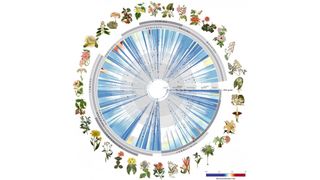
What is the 'tree of life'?
By Emma Bryce published
The tree of life maps out the relationships between all living things, and it's in constant flux.
Sign up for the Live Science daily newsletter now
Get the world’s most fascinating discoveries delivered straight to your inbox.
